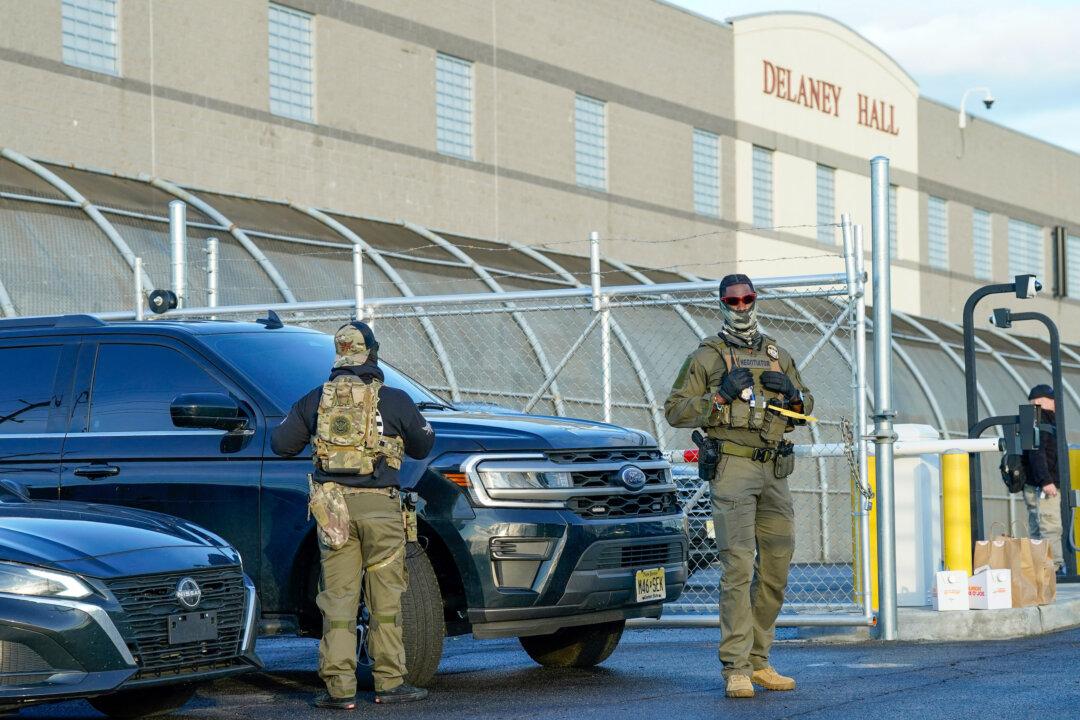WASHINGTON—The Supreme Court’s decision on Dec. 10 to hear a veteran’s appeal of a bureaucratic denial of benefits could signal that the court is considering tearing away at the legal underpinnings of the modern administrative state.
Independent executive agencies are sometimes referred to as the “fourth branch” of the federal government in the United States. Critics say officials in the administrative state are unaccountable to voters and allow unelected bureaucrats to usurp the functions of the executive, legislative, and judicial branches. Congress, they say, is supposed to make the laws of the land, but lawmakers have steadily ceded that body’s constitutional powers to the administrative state, to the overall detriment of society.





